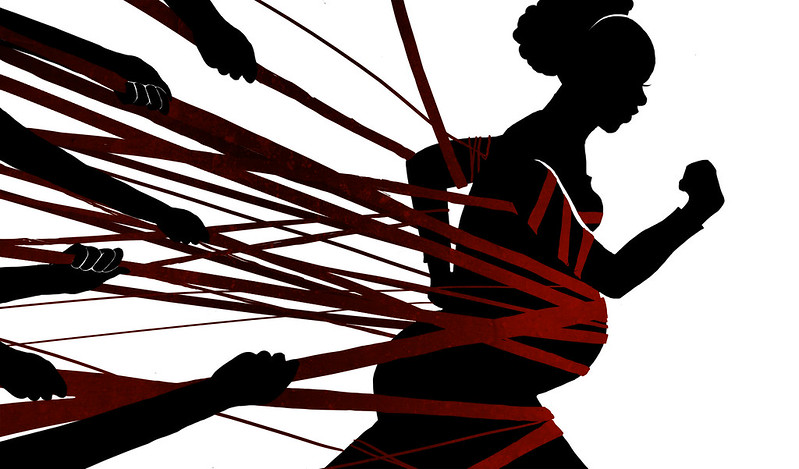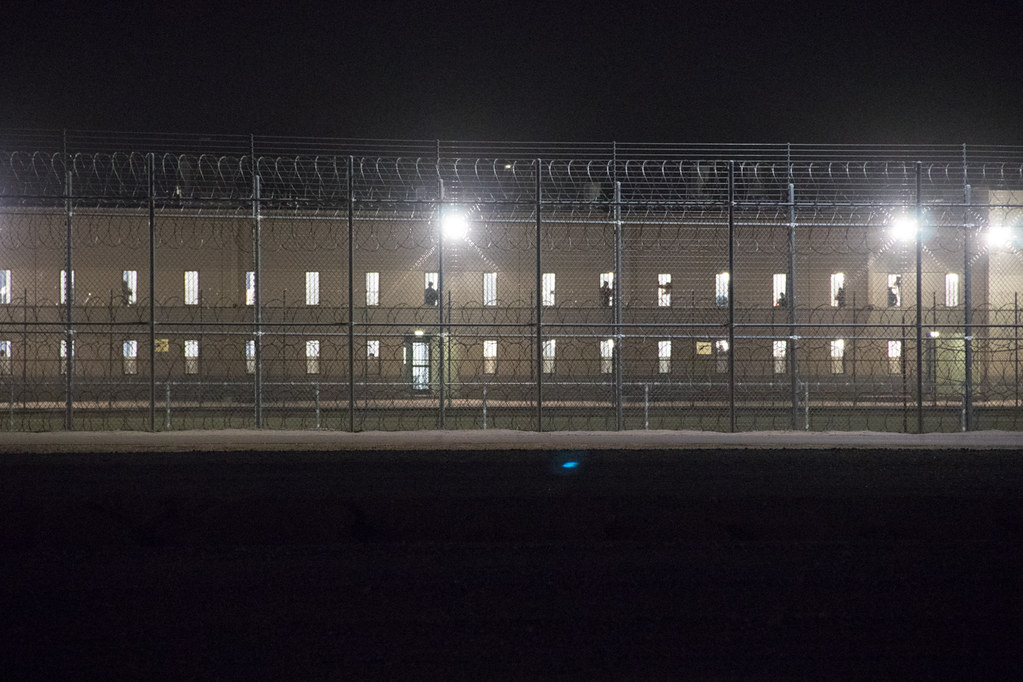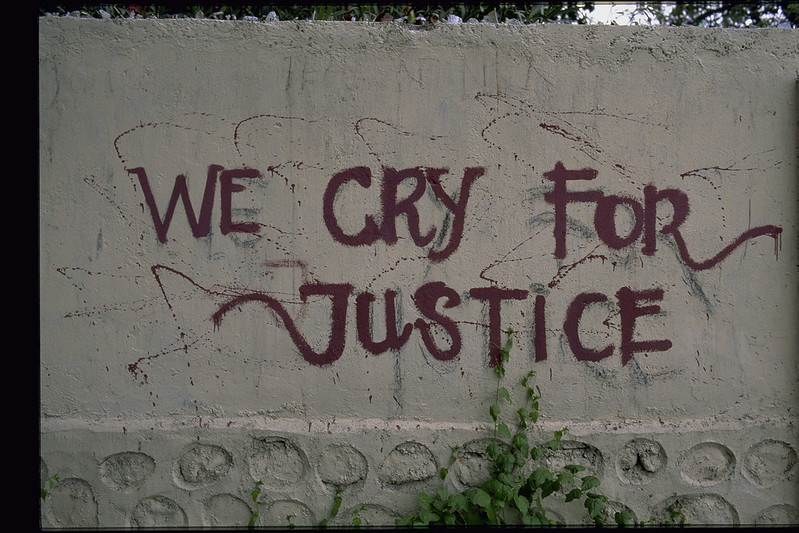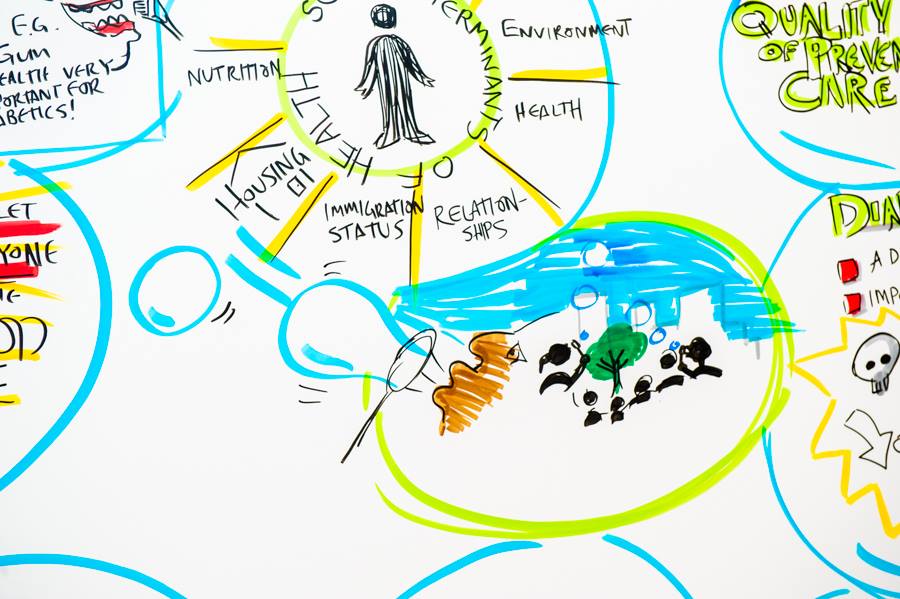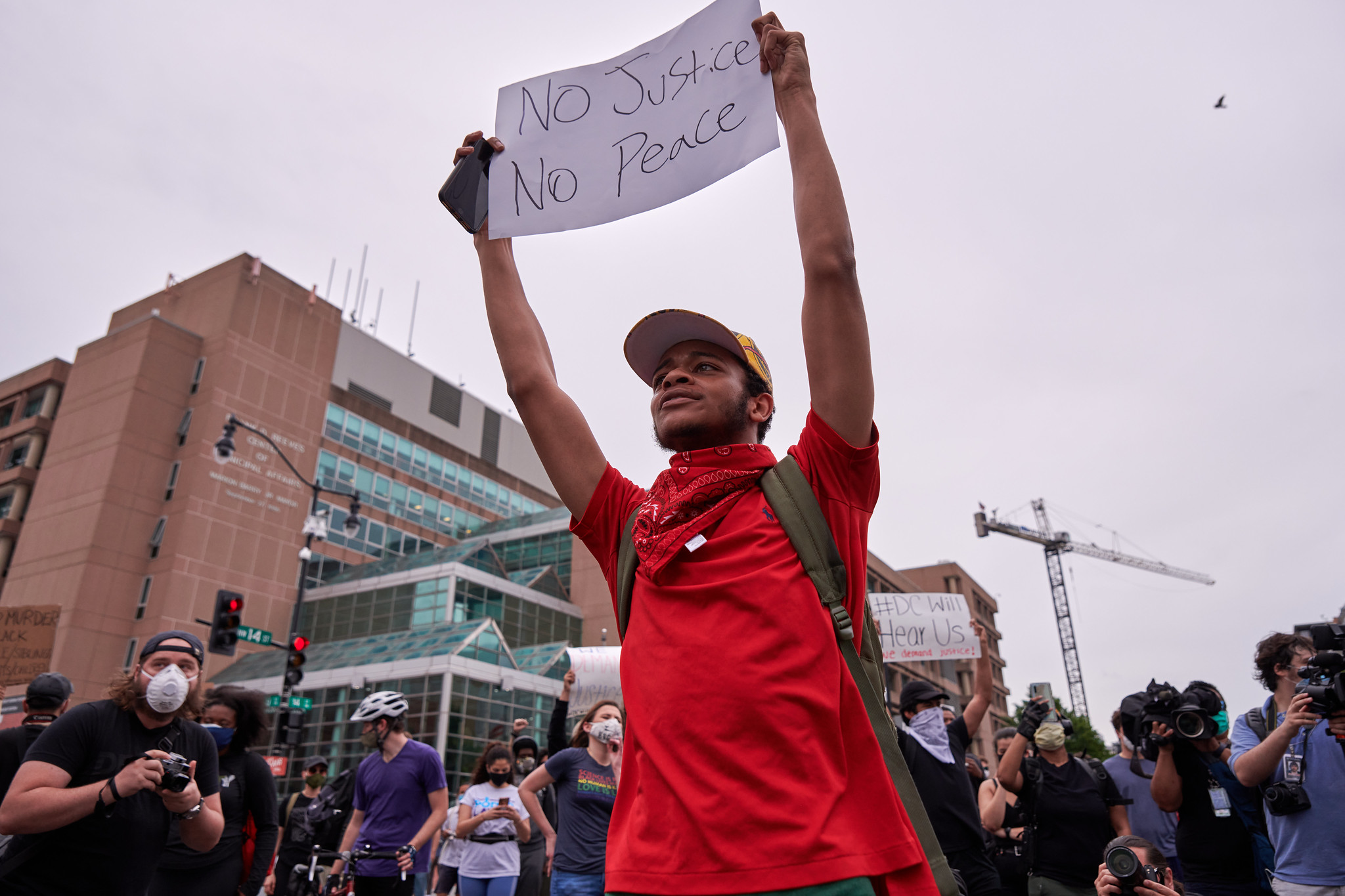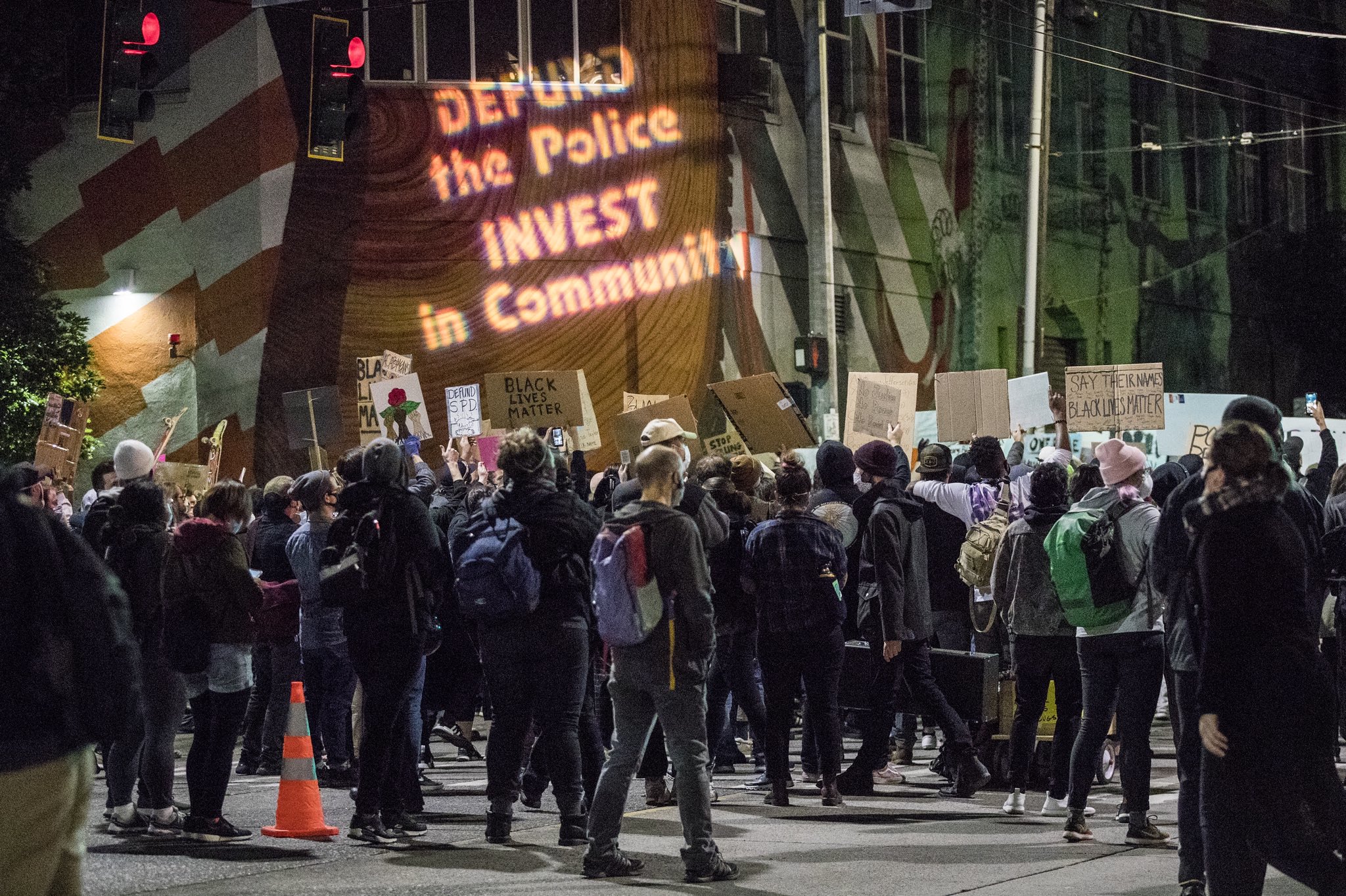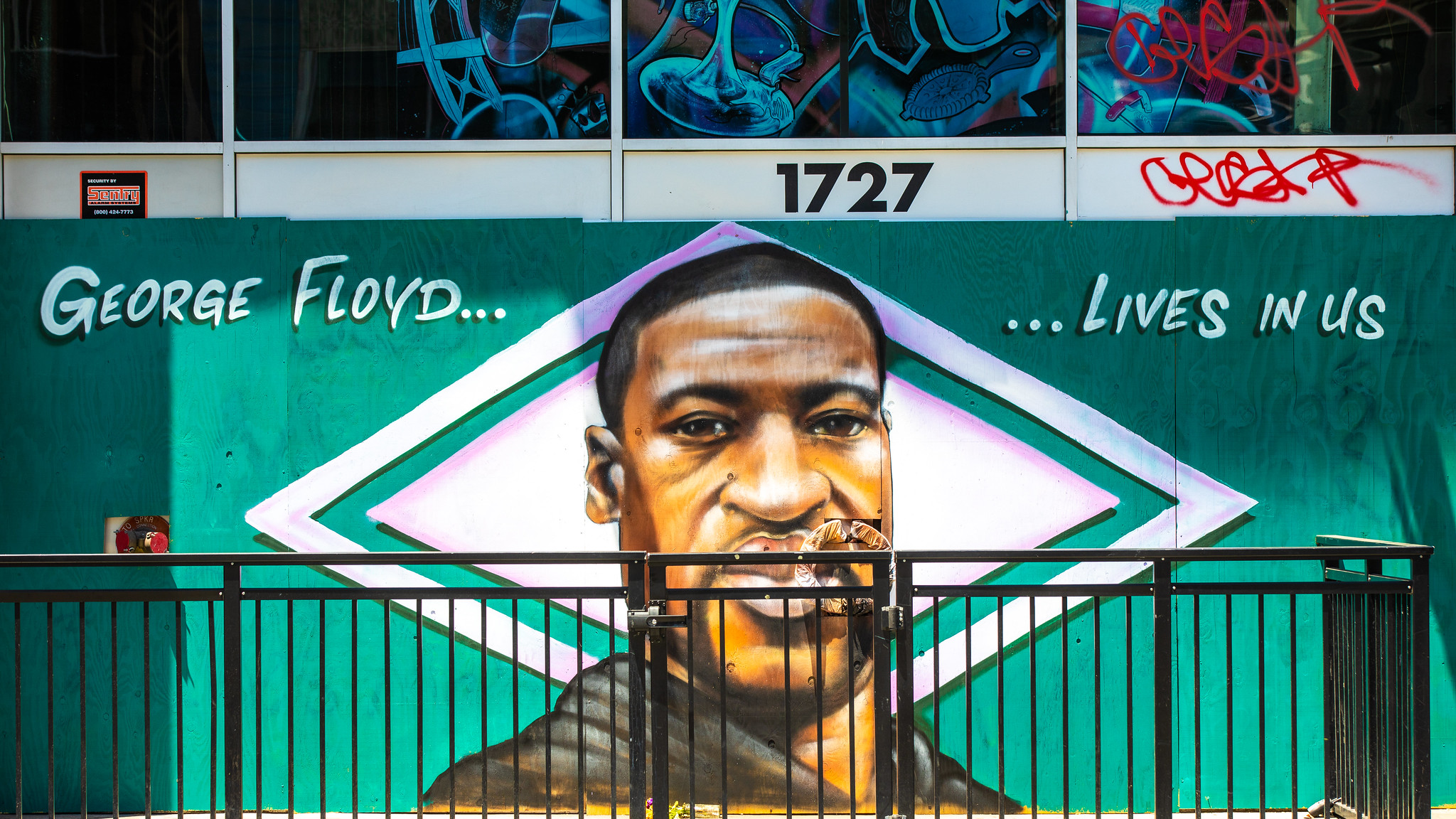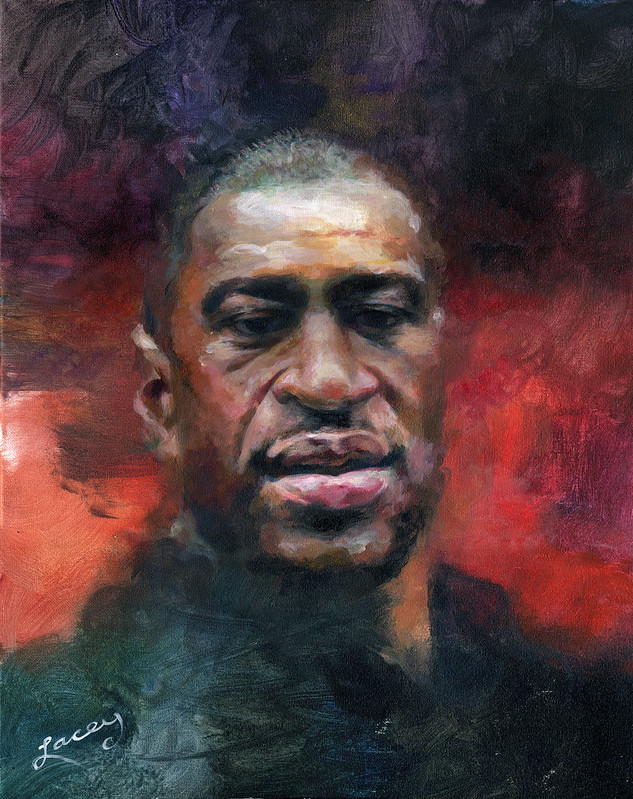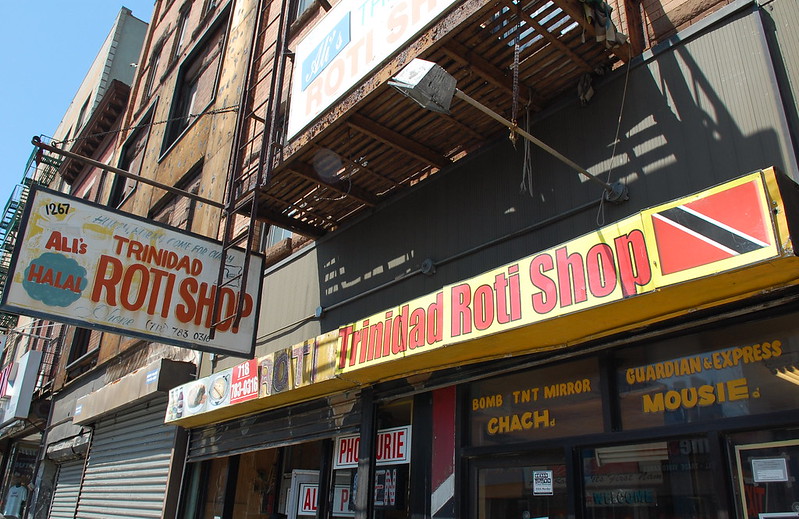Red Lines, Black Bodies
I entered the office of the Community Health Council of Wyandotte County, Kansas City, on a muggy, late-summer day during my family medicine rotation. The air-conditioned building boasted a large front room with sporadically placed desks, children’s books and toys, and what looked like a large food pantry. I flexed my elbows and wagged my arms to fan out the sweat from my Black body enshrouded in my white coat.

